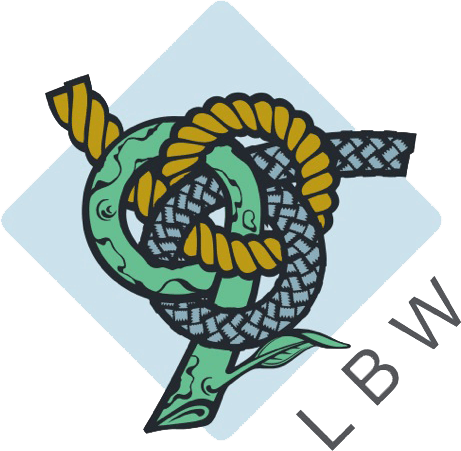Christmas Cheer with no FBT fear
As with any benefit that a business provides to staff, the question of whether it is a (taxable) fringe benefit or not needs to be considered.
The Australian Tax Office states that there are no different FBT rules that apply to Christmas parties (entertainment) than to any other entertainment. The good news is that these parties may come under the "minor benefits" umbrella. A minor benefit will be FBT-exempt where, broadly, the benefit is less than $300 per person and provided on an infrequent and irregular basis.
The FBT law allows however (perhaps getting into the spirit of the season) for the minor benefits threshold to apply to each benefit provided, not to a total value of "associated benefits".
So if, as a generous employer, you put on a barbecue and hand out gifts, the meal and the gift are considered separately for FBT purposes. If each is less than $300, they are both generally FBT-free.
Exemption Negates Deduction
It is worth noting however that as such minor benefits are exempt from FBT, sadly a business cannot then claim the expenses as a tax deduction, nor can claims be made for any GST credits.
Where Do Taxis Stand?
For an employer thinking of paying for this travel option for staff, the important consideration in regard to this will be venue. If the taxi travel is from home to an entertainment venue (that is not the workplace) and home again, the Tax Office will include the cost of the ride as part of the entertainment and deem that it is to be included in the cost-per-head total (that is, it counts towards the $300 minor benefit limit).
But if the cab trip is from home to a function held at the workplace, and/or from the workplace back to home after the festivities, the taxi fare is exempt from FBT.
Spreading the Joy
The safest option FBT-wise would be to hold the Christmas party on the business premises on a working day, as providing the food and drinks will be FBT free; if it's only employees who attend. If spouses or partners are invited (the law refers to them as "associates") the cost will still be FBT free if less than $300. And if bona fide clients attend there is no FBT in respect of them. If the party is held off-premise, at say a restaurant or pub, the $300 limit applies to both employees and associates.
Some canny business operators have taken the convivial, and tax effective, approach of holding more than one social event over the year. Rather than have just one large bash at Christmas, a business may decide to spread the entertainment budget out to, say, an end-of-financial-year function in winter.
Dividing the party purse into two events can reduce the value of the entertainment each employee enjoys below the minor benefits limit of $300, and keeps the FBT liability of an employer to a happy minimum. It should be remembered however that to be a minor benefit it is necessary that the particular benefit (or similar benefits) be provided irregularly and infrequently.

